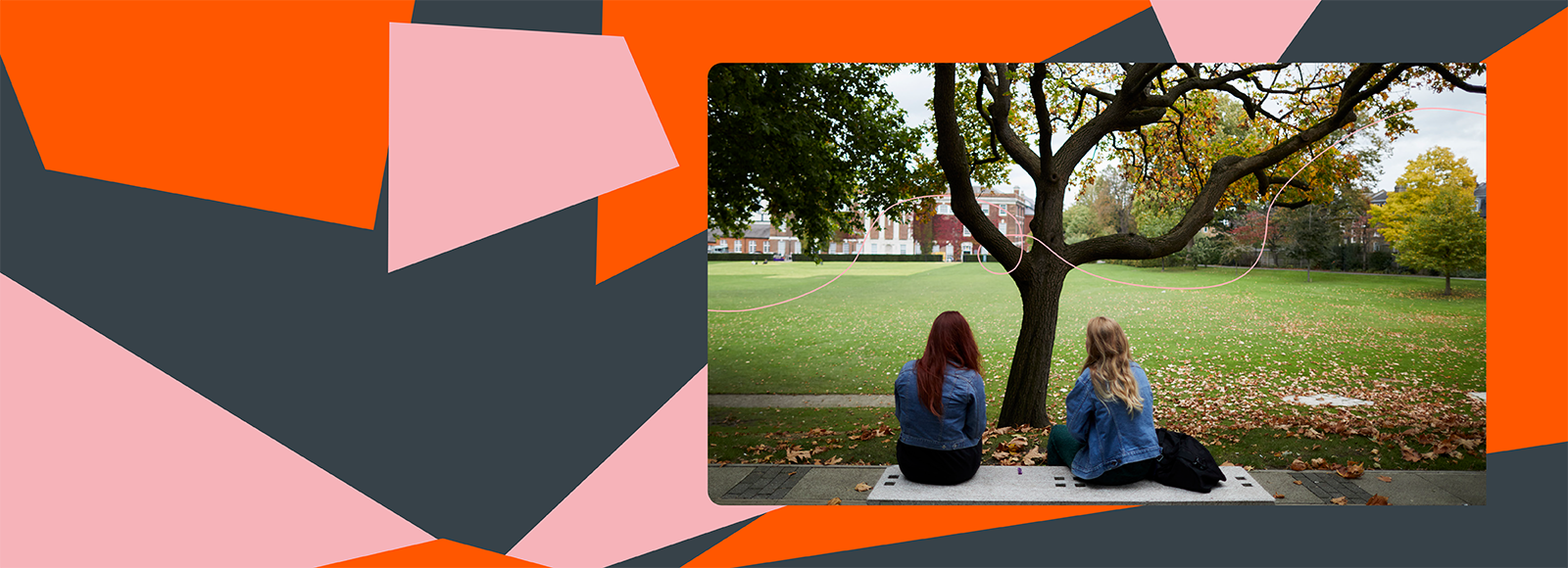- ...
Postgraduate Studentships - Search for funding opportunities.
Postgraduate Studentships - Search for funding opportunities.
This programme provides you with a broad understanding of the theories and practices of dance movement therapy necessary for safe and effective clinical work, and enables you to practise as a dance movement psychotherapist.
Through theoretical studies, movement observation studies, dance practice workshops, clinical work and experiential learning, you integrate cognitive understanding and practical experience with a developing awareness of self and other.
The nature of the therapeutic relationship is explored in depth through movement and dance and you have the opportunity to put your learning into practice through at least 90 days of supervised placements. This gives you the opportunity to relate your practical experience to your theoretical studies.
You'll be encouraged to develop your own dance/movement practice and to situate your work in relation to your development as a therapist, to contemporary dance and movement practice. You're required to be in personal therapy throughout the programme (please note that this is at your own cost).
On graduation you are eligible to become a registered professional member of the Association for Dance Movement Psychotherapy UK.
You should have:
For fees and funding options, please visit website to find out more
Goldsmiths offers a range of financial support including postgraduate scholarships, bursaries and fee waivers. These are awarded based on a variety of criteria, for example academic achievements or personal circumstances.
Examples of places that DMP MA graduates are currently working:
Experiential Learning 1 30 credits
Clinical Placement 1 A 0 credits
Clinical Placement 1 B 45 credits
Theory and Practice of Dance Movement Psychotherapy 1 A 0 credits
Theory and Practice of Dance Movement Psychotherapy 1 B 45 credits
Clinical Placement 2 45 credits
Experiential Learning 2 A 15 credits
Experiential Learning 2 B 0 credits
Theory and Practice of Dance Movement Psychotherapy 2 A 0 credits
Theory and Practice of Dance Movement Psychotherapy 2 B 60 credits

A melting-pot of ideas, one creative powerhouse One Goldsmiths At Goldsmiths, academic excellence and imaginative course content combine to make a pla...
Sign up to Postgraduate Studentships
Sign up to compare masters
Thanks for making your selection. Click below to view your comparisons.